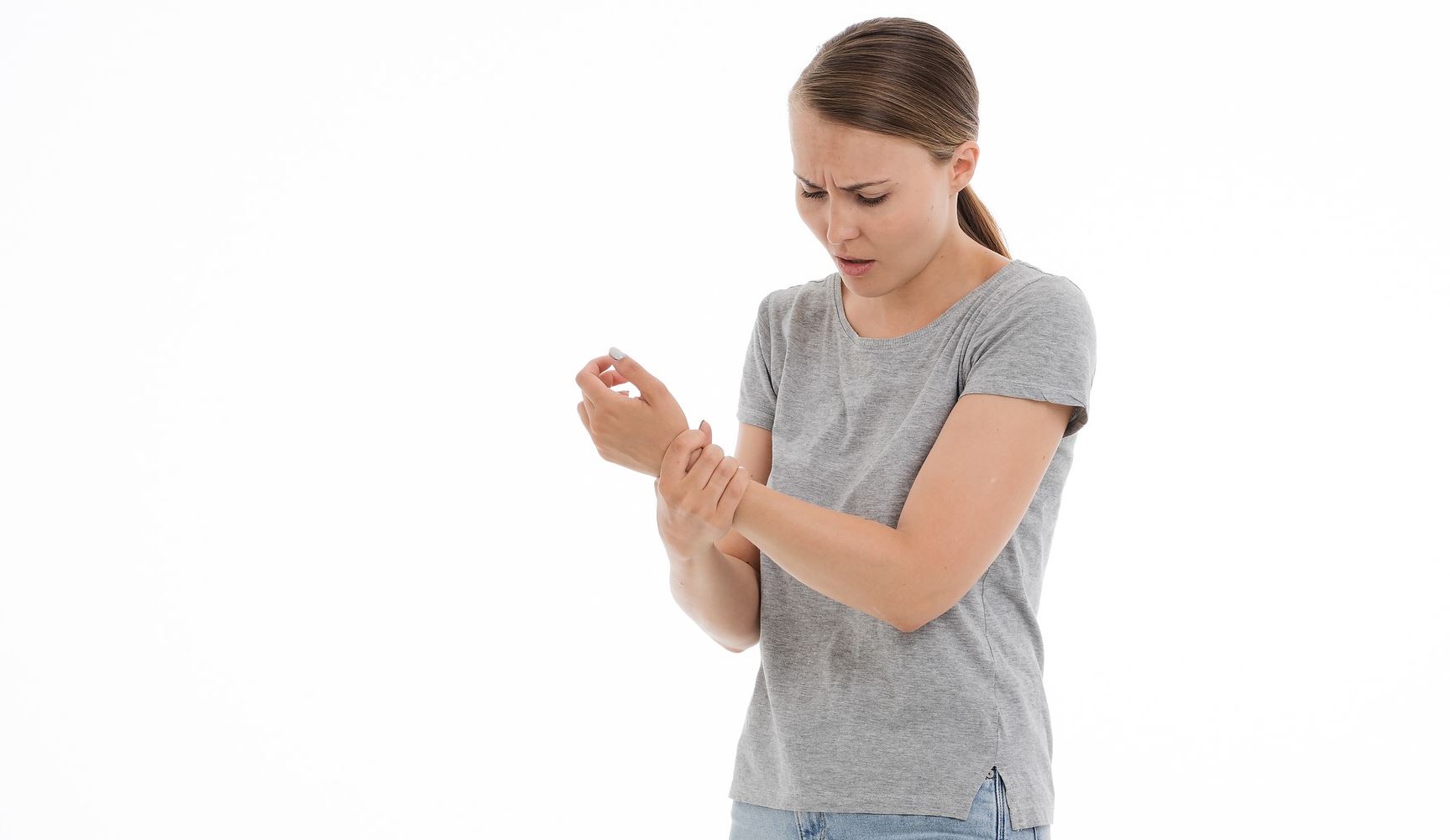
Australian researchers have discovered a gene variant that sheds new light on how human immunity was finetuned through history.
Findings from the Garvan Institute of Medical Research, Flinders University and other scientists show modern humans acquired a gene variant from Denisovans that heightened their immune reactions, indicating adaptation of the immune system to a changing environment.
The breakthrough study, published in Nature Immunology, is the first to demonstrate a single DNA sequence variant from an extinct human species that changes the activity of the modern human immune system.
The Denisovans – an extinct human species related to Neanderthals – interbred with modern humans about 50,000 years ago during the migrations of modern humans from Africa to what is now Papua New Guinea and Australia.
Today, up to 5% of the genome of people indigenous to Papua New Guinea is derived from Denisovans.
The Garvan-led study reveals that modern humans acquired a gene variant from Denisovans that increases a range of immune reactions and inflammatory responses – including reactions that protect humans from disease-causing microbes.
“Our study indicates that the Denisovan gene variant heightens the inflammatory response in humans,” says co-senior author Associate Professor Shane Grey, who heads the Transplantation Immunology Laboratory at Garvan.
“Previous research has found collections of gene variants from extinct human species that appear to have provided an advantage to humans living at high altitudes or to resist viruses, but have been unable to pinpoint which if any were actually functional,” he says.
“This study is the first to identify a single, functional variant, and suggest that it also had an evolutionary benefit on the human immune system.”
Harmful versions of a gene called TNFAIP3 have long been associated with the overactive immunity in autoimmune conditions, including inflammatory bowel diseases, arthritis, multiple sclerosis, lupus, psoriasis and type 1 diabetes.
The TNFAIP3 gene codes for a protein called A20 that helps ‘cool’ the immune system by reducing immune reactions to foreign molecules and microbes.

As part of a collaboration between Garvan, the Sydney Children’s Hospital at Randwick, the Children’s Hospital at Westmead, and the Clinical Immunogenomics Research Consortium of Australasia, the researchers analysed the genomes of families in which one child presented with a severe and unusual autoimmune or inflammatory condition.
“Four separate families had the same DNA variant in the TNFAIP3 gene, changing one amino acid in the A20 protein from an isoleucine to a leucine (I207L)”, says Professor Goodnow, Executive Director of the Garvan Institute and co-senior author of the study.
“However, the presence of this variant in healthy family members indicated it was not sufficient to cause inflammatory disease on its own.”
The researchers extracted immune cells from the families’ blood samples, and found that, in cell culture, they produced a stronger inflammatory response than the immune cells of other individuals.
Tracing back immunity
Co-first author Dr Owen Siggs, from Flinders University’s College of Medicine and Public health, investigated the worldwide distribution of the TNFAIP3 variant.
Using datasets made available through the Simons Genome Diversity Project, the Indonesian Genome Diversity Project, Massey University, and the Telethon Kids Institute, which includes genome sequence data on hundreds of diverse human populations, researchers found the I207L variant:
- Carried by the Sydney families was absent from most populations but common in indigenous populations east of the Wallace Line, a deep ocean trench passing between Bali and Lombok and separating Asian fauna to the west from Australian fauna to the east.
- Was common in people throughout Oceania, including people with Indigenous Australian, Melanesian, Maori and Polynesian ancestry.
The team also discovered the I207L variant in the genome sequence of an extinct human species, extracted from a 50,000-year-old finger bone of a Denisovan girl, found inside the Denisova cave in the Altai Mountains of Siberia.
“Making that connection was extremely exciting,” says Dr Siggs.
The I207L variant was present in two copies in the Denisovan girl but absent from Neanderthal remains from the same cave, indicating that the immunity-enhancing gene variant arose after the divergence of the Denisovan and Neanderthal lineages, about 400,000 years ago.
The research was funded by the Australian National Health and Medical Research Council, the Bill and Patricia Ritchie Foundation, the US National Institutes of Health, and the International Pancreas and Islet Transplant Association.
The paper, ‘Denisovan, modern humans and mouse TNFAIP3 alleles tune A20 phosphorylation and immunity’ (2019) by Nathan W Zammit, Owen M Siggs, Christopher C Goodnow, Shane T Grey (authors contributed equally) et al is online at Nature Immunology DOI: 10.1038/s41590-019-0492-0

